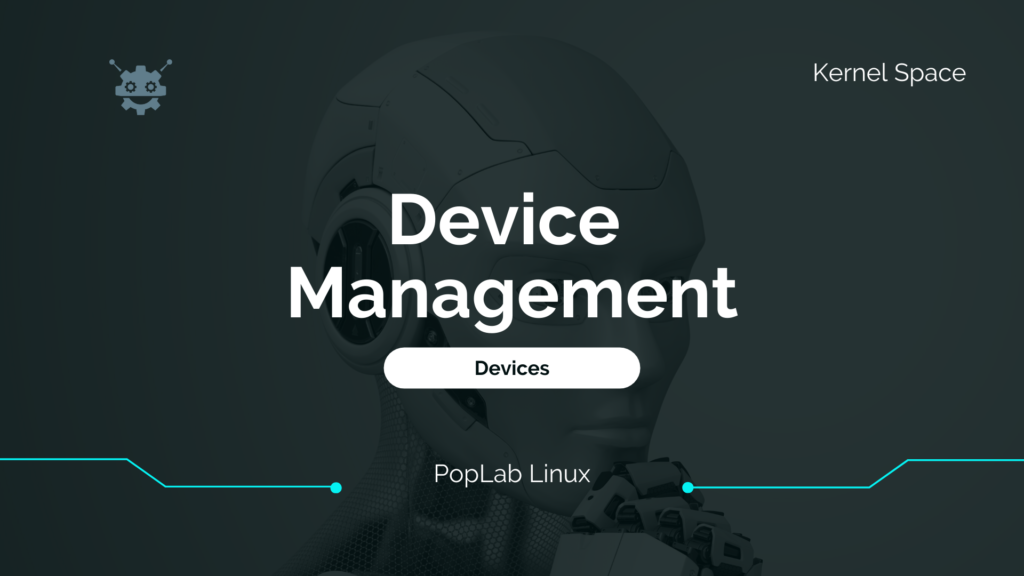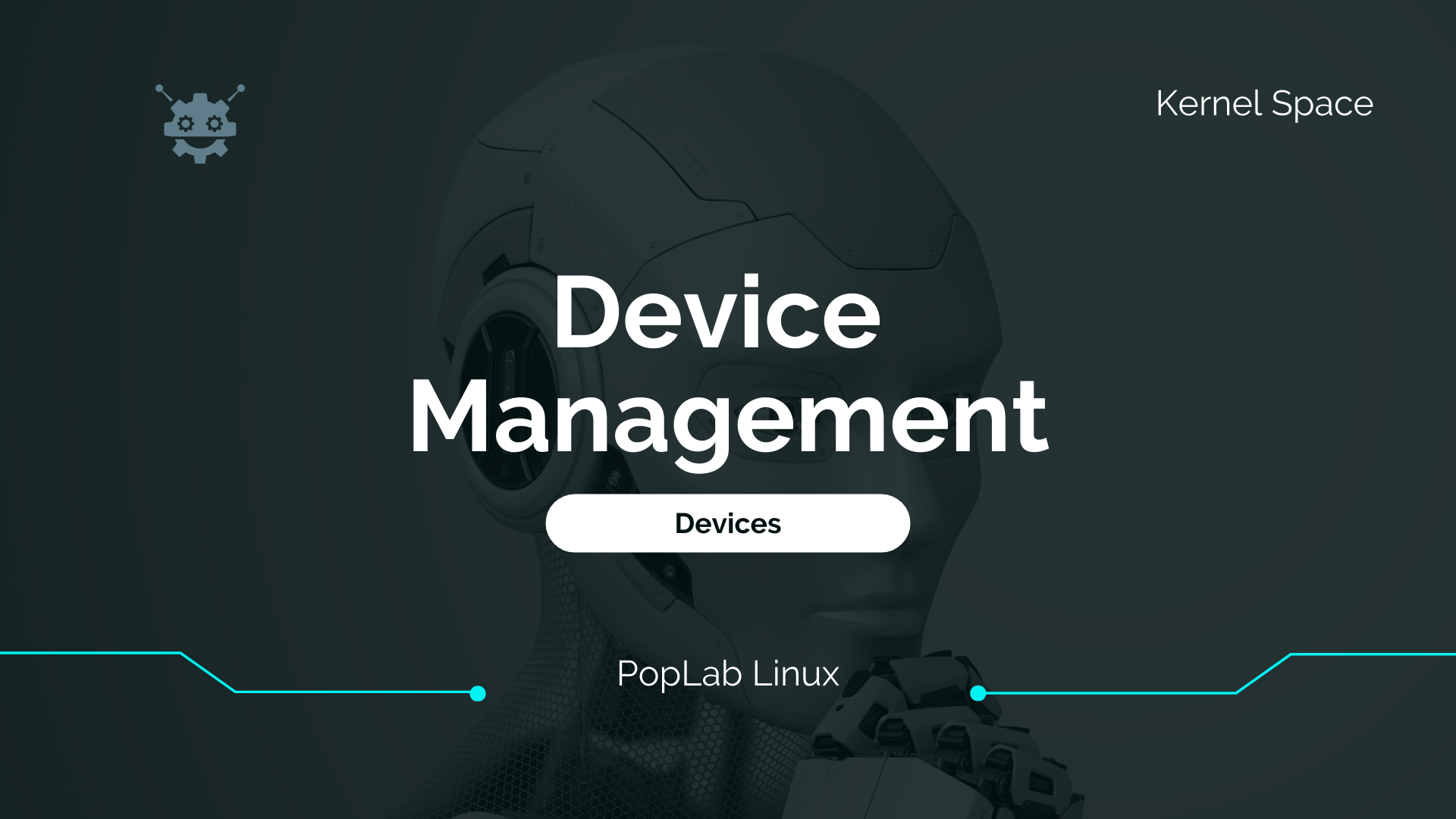Are you looking for an effective and efficient way to manage your Linux devices? With the right Linux device management system, you can keep track of and configure your devices quickly and securely. Learn more about the benefits of efficient Linux device management and the best tools and solutions available to help you get started.
Linux Device Management Guide. The main goal of this guide is to provide detailed instructions regarding the Linux administration of embedded devices.
Linux Device Management can be very difficult when using some specific proprietary devices. Here I will describe the basics of device management and how to configure a new device.
Table of Contents
Linux Device Management
Linux has different types of devices each type is dedicated to a specific hardware technology. Our motherboard has different components and specific types of BUSES to connect new hardware.

Kernel
The Linux kernel is responsible for managing devices at the system level. It communicates with the device drivers and manages the input/output (I/O) operations of the devices.
Device Drivers
Device drivers are software components that enable the kernel to communicate with the hardware devices. These drivers are specific to each device and must be installed and configured properly.
uDEV
The udev (userspace device manager) is a device management tool that manages the creation and removal of device nodes in the filesystem. It also manages device events and triggers actions based on these events.
/dev Directory
The /dev directory contains device nodes that represent the hardware devices connected to the system. Each device node corresponds to a specific device and provides a way for applications to access the device.
Configuration Tools
Linux provides several configuration tools, such as udevadm, modprobe, and lsmod, that allow you to manage and configure devices on the system.
LSPCI – List devices on PCI BUS
lspciList all network adapters:
lspci | grep -i network
List all USB controllers using lspci:
lspci | grep -i usbDisplay detailed information about a specific device.
lspci -v -s 01:00.0LSUSB – List devices on USB BUS
lsusbLSCPU – List CPU Information
lscpuLSBLK – List devices on Block Devices
lsblkUnderstand UDEV
UDEV, short for “udev” or “user device,” is a device manager for most Linux distributions. It serves as a dynamic and flexible tool that manages device nodes in the /dev directory.
UDEV is responsible for generating device nodes whenever new devices are detected, removing device nodes for disconnected or removed devices, and assigning consistent names for devices.
Understanding UDEV is essential for system administrators and device driver developers, as it ensures smooth device management and consistent device handling in Linux-based systems.
Folder /dev
Understand D-BUS
D-Bus is designed to provide a simple and efficient inter-process communication (IPC) mechanism for applications running on the same machine. It allows processes to communicate and exchange information by sending messages to each other.
D-Bus is widely used in Linux desktop environments like GNOME and KDE, where it facilitates communication between core components and applications. It enables interaction, integration, and automation between different software components running on a Linux system.
Device Commands
Kernel: www.kernel.org


